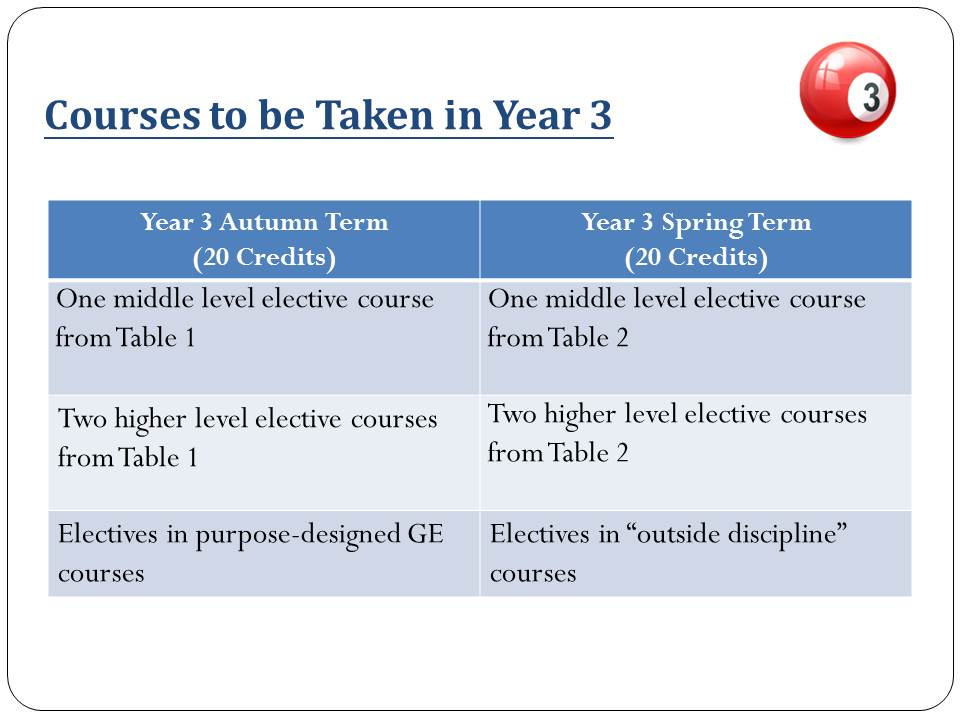Understanding the Implications: Can Your Taxes Be Taken for Student Loans?
#### Can your taxes be taken for student loans?In recent years, student loan debt has become a significant burden for millions of Americans. As the cost of……
#### Can your taxes be taken for student loans?
In recent years, student loan debt has become a significant burden for millions of Americans. As the cost of higher education continues to rise, many graduates find themselves struggling to repay their loans. This situation raises an important question: **can your taxes be taken for student loans?** The answer is yes, but let’s explore the details and implications of this process.
#### The Basics of Student Loan Repayment
When you take out a student loan, you enter into a legal agreement to repay the borrowed amount, plus interest, over a specified period. If you fail to make your payments, your loan can go into default. Defaulting on your student loans can have severe consequences, one of which is the potential for tax refund garnishment.
#### Understanding Tax Refund Garnishment
Tax refund garnishment occurs when the government withholds your tax refund to offset your unpaid debts, including student loans. This process is part of the Treasury Offset Program (TOP), which allows federal and state agencies to collect debts by intercepting tax refunds. If your federal student loans are in default, the Department of Education can submit your name to the Treasury, leading to the garnishment of your tax refund.
#### The Process of Garnishment
If you are in default on your student loans, the process typically works as follows:

1. **Notification:** You will receive a notification from the Department of Education regarding your default status and the potential for tax refund garnishment.
2. **Submission to Treasury:** Once your loan is in default, the Department of Education can submit your information to the Treasury Offset Program.
3. **Garnishment:** If your tax refund is intercepted, the amount owed on your student loans will be deducted from your refund before you receive it.
#### Consequences of Defaulting on Student Loans
Defaulting on your student loans can lead to several negative consequences beyond just tax refund garnishment. These include:
- **Credit Score Impact:** Defaulting on your loans can significantly lower your credit score, making it difficult to secure future loans or credit.
- **Collection Fees:** You may incur additional fees from collection agencies that are hired to recover the debt.
- **Legal Action:** In some cases, lenders may take legal action to recover the owed amount, which can lead to wage garnishment or bank levies.
#### Options for Avoiding Garnishment

If you are struggling with student loan payments, there are several options available to avoid default and the subsequent garnishment of your tax refund:
1. **Repayment Plans:** Explore income-driven repayment plans that adjust your monthly payments based on your income.
2. **Loan Consolidation:** Consider consolidating your federal loans, which can make repayments more manageable.
3. **Deferment or Forbearance:** If you are facing temporary financial hardship, you may qualify for deferment or forbearance, allowing you to pause payments.
4. **Seek Professional Help:** Consulting with a financial advisor or a student loan counselor can provide you with personalized strategies to manage your debt.
#### Conclusion
In summary, the question **can your taxes be taken for student loans?** is a critical one for borrowers who find themselves in financial distress. Understanding the implications of tax refund garnishment and the consequences of defaulting on student loans is essential for anyone with student debt. By exploring repayment options and seeking assistance, you can take proactive steps to avoid the severe repercussions of student loan default and protect your financial future.